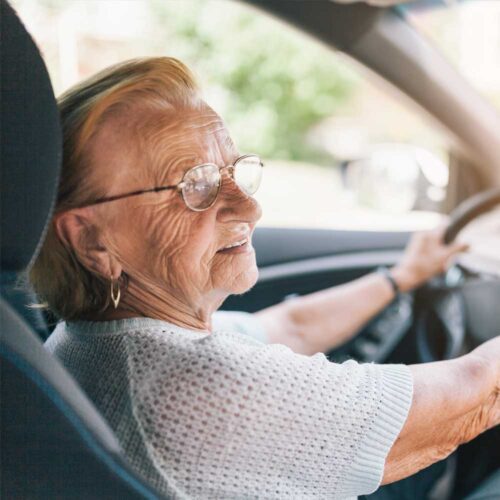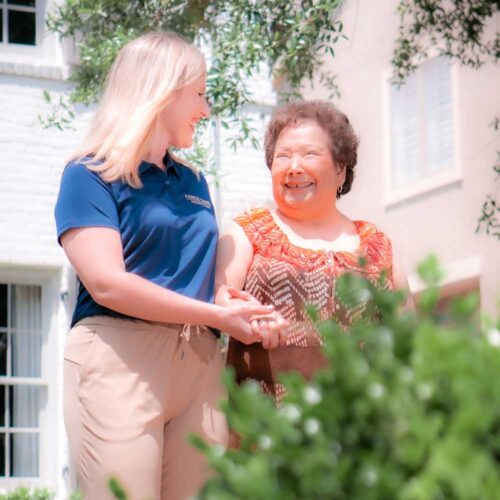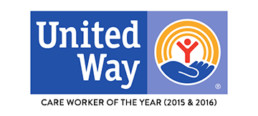Nourishing the Golden Years: A Senior’s Guide to Optimal Nutrition
In the journey of aging, nutrition plays a vital role in maintaining health, vitality, and quality o


Never miss a doctor’s appointment again. With our senior in-home caregiving services, we can arrange safe and reliable non-medical transportation for you to get to a medical appointment, meet friends or family or just run an errand. We can even accompany you.
Whether you’re going to the doctor, or out to visit friends, let us get you there safely and with ease.
In the journey of aging, nutrition plays a vital role in maintaining health, vitality, and quality o
In today’s fast-paced world, balancing a career with caregiving responsibilities is a challenge fa
The Essence of Socialization as We Age In life, social connections form an integral thread, especial
People over the age of 65 represent 13% of the total U.S. population but account for 18% of all traffic fatalities. As the older population in this country continues to grow, drivers aged 65 and older are expected to account for 16% of all crashes and 25% of all fatal crashes. After the age of 75, the risk of driver fatality increases sharply because older drivers are more vulnerable to both crash-related injury and death. Three behavioral factors in particular may contribute to these statistics: poor judgment in making left-hand turns; drifting within the traffic lane; and decreased ability to change behavior in response to an unexpected or rapidly changing situation.


For people without access to private transportation, getting to medical appointments can be a challenge, especially if they have chronic conditions that require frequent appointments. One study found that trouble with transportation led patients to forgo their cancer treatments. A second study found that up to 51% of patients reported that lack of transportation is a barrier to health care access. Another study reported bus users were twice as likely to skip appointments compared to car users. Finally, a Harvard University study found that 21% of older drivers miss out on activities they enjoy because of driving limitations.
Most people under 65 are unwilling to talk to their parents about when it’s time to stop driving. About 40% of adult children say they’d rather discuss funeral arrangements with their parents than whether it is safe to drive themselves. About 29% of adult children believe a doctor is the best person to determine when it’s time to stop driving, while 25% said it was a family decision and 23% thought the government or local department of motor vehicles should make the determination. When no one wants to be the decision maker, older adults are left to make the decision for themselves, many times with fatal consequences.
Also, having a nurse or patient advocate familiar with your loved one’s medical history and condition in the room during a medical appointment ensures greater information sharing, accountability, insight and perspective , especially when Family Tree has been caring for your loved one day-to-day with insights into critical information collected in the “blind spots” between doctor visits.

Let our team of experts make it easier for you.
The aid that took care of our parent was wonderful. Not only did she provide physical care, but she was also a trusted companion.
~ Darlene, Houston, TX




















